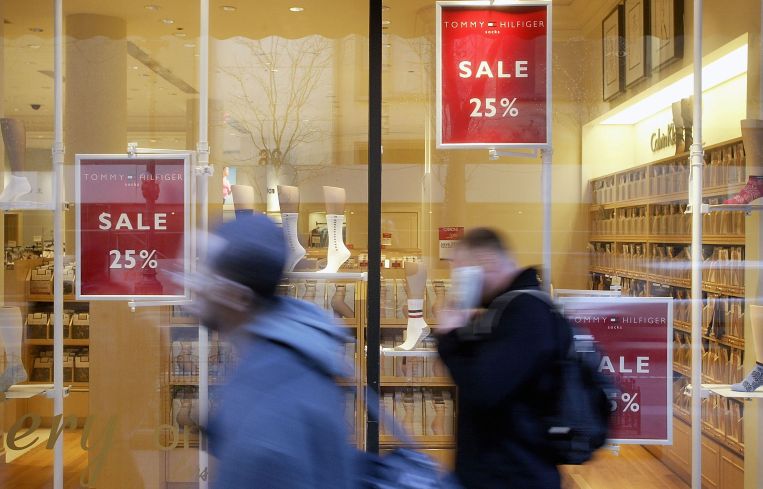Bon-Ton’s Bankruptcy Threatens $171M in CMBS, Worsens Troubled Malls’ Plight
By Matt Grossman February 7, 2018 4:31 pm
reprints
The Bon-Ton Stores‘ bankruptcy filing this week imperils $170.6 million of loans behind commercial mortgage-backed securities deals, according to a report from Morningstar Credit Ratings.
The cry for protection from creditors follows the regional retailer’s January 31 announcement of the 42 stores is plans to close early this—mostly in Pennsylvania, Wisconsin, Illinois and Indiana.
The Chapter 11 filing exacerbates the plight of mall landlords who host one of the company’s stores—it also operates under the brands Boston Store, Younkers, Begner’s, Caron’s, Elder-Beerman and Herberger’s—because the regional retail chain would now be excused from paying out the balance of any long-term rental contracts.
“Since Bon-Ton filed for bankruptcy protection, whether or not its lease is short term or long term is thrown out the window,” said Steve Jellinek, the lead author of the Morningstar report. “Before it filed for bankruptcy, it would have been obligated to continue paying on its lease.”
Most worrisome is a mortgage on the Susquehanna Valley Mall in Selinsgrove, Pa. that represents 3.4 percent of the Deutsche Bank-sponsored COMM 2012-LC4 CMBS transaction. When the mall lost its JCPenney anchor in 2015, several other tenants, including Gap, Deb Shops, RadioShack and Limitless Mobile followed the clothing store to the exits. Now, Bon-Ton’s forthcoming departure will vacate another 14 percent of the mall’s rentable area, lowering the odds that management will be able to find willing newcomers.
Perpetuating a pattern that has played out as retail fortunes decline, the most marginal properties and the financings with the poorest underwriting have been quickest to disintegrate. Also of concern to Morningstar is the mortgage on University Mall in South Burlington, Vt., part of the pre-Crisis LBCMT 2007-C3 transaction. Morningstar had already predicted a $56.6 million loss on the shopping center. But there, at least, the landlord has a ready replacement in line, with Target planning to take Bon-Ton’s old spot by wintertime.
As CMBS financings have become more conservative in recent years, more recent vintages securitized mortgages have remained at least somewhat insulated from individual store closures. Bon-Ton is also handing over its keys at malls in Johnstown, Pa., Defiance, Ohio and Danville, Ill., but those shopping centers’ mortgages, securitized in 2014, carried low enough loan-to-value ratios that Morningstar is not yet worried about their endurance.
Jellinek isn’t quite ready to eulogize regional retail chains across the board, but suggested that the prognosis could be dire for those that fail to reckon with deteriorating financial health.
“I think regional chains can survive and flourish, but they have to be competitive and they have to be nimble,” the analyst said. “With a lot of retailing models, especially the ones that don’t survive, [owners] sat back and waited too long to reinvest in their model and their technology. When they tried to do that, they found they didn’t have enough money.”



